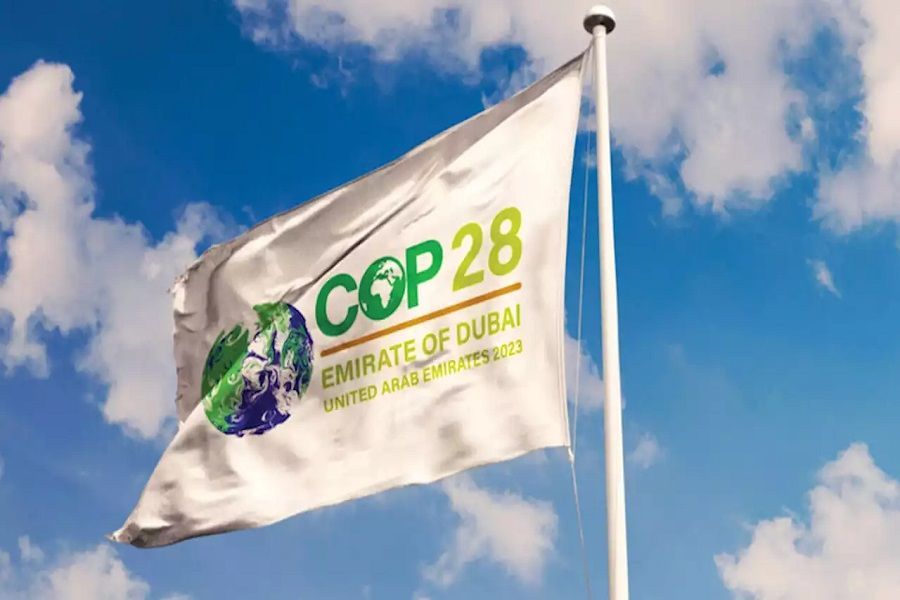
The United Arab Emirates will host the 28th United Nations Climate Change Conference (COP 28) from November 30 to December 12. Catholics will have a new opportunity to care for creation and reach an agreement for the world.
But what is COP 28, what is its history, and why is it so important?
The acronym COP stands for Conference of the Parties. The “parties” are the signatories to the United Nations Framework Convention on Climate Change (UNFCCC), a 1994 treaty with 197 parties (196 countries and the European Union). A year later, in March 1995, the first COP was held in Berlin, Germany.
The 2023 conference will be the 28th meeting of the Parties. This year it is being held in Dubai and we would like to send a special message to its chairman, Dr. Sultan Ahmed Al Jaber: will you join us in signing this petition?
United Nations climate change conferences are among the most important international meetings in the world. Negotiations between governments are complex and involve officials from all countries, as well as representatives of civil society and the media. Read more about COP history here.
What will happen in Dubai?
After the “insufficient agreements” at COP 26 in Glasgow, and the “disappointing results” in Egypt at COP 27, this year’s aim is to accelerate action towards the objectives of the Paris Agreement and the United Nations Framework Convention on Climate Change.
A delegation from the Laudato Si’ Movement will be in Dubai. Our common home and our common family are suffering. The climate emergency is causing rising seas, a warmer planet and more extreme weather.
It is devastating the lives of our poorest brothers and sisters. At the same time, biologists estimate that we are driving species to extinction at 100 to 1,000 times the usual rate. “We do not have that right” (LS 33).
Considering the various risks arising from the climate crisis, this conference is looking for countries to present ambitious emission reduction targets for 2030 (NDC), and to keep the temperature increase at 1.5 degrees, to reach zero by mid-century.
It is our responsibility as Catholics to raise the voices of the most vulnerable and advocate for them. It is necessary and urgent to work together to achieve these goals and turn ambitions into actions, accelerating collaboration between governments, businesses and civil society. That is why as Catholics we must raise our voices to care for our common home.






en français s.v.p.
We pray that the COP 27 may be the awareness Conference that never happened and actions decision-making for our common Home.
Robert A
It is wonderful and appropriate that Catholics, represented by the Laudato Si Movement, are at COP 27 spreading the message of Laudato Si. All of us in the Laudato So Movement should use this moment as an opportunity to spread the message of Pope Francis” encyclical.
Praying for the success of this important conference.